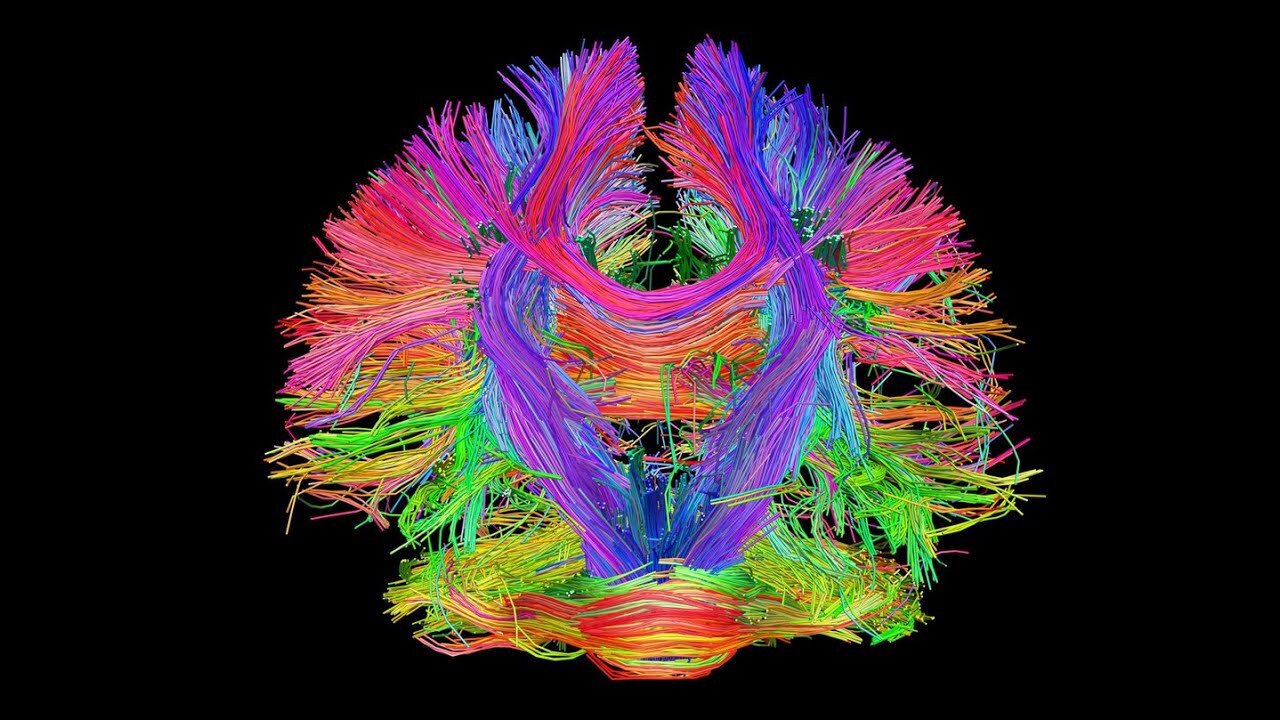

Psychopharmacology
Neuropsychopharmacology
Dr. Datta has extensive experience in the pharmacological treatment of neuropsychiatric disorders. He has published, presented, and lectured on psychopharmacology. He is a Fellow of the International College of Neuropsychopharmacology (CINP). He takes a judicious approach to prescribing psychotropic drugs, is knowlegeable about the neuropsychiatric complications of both prescribed and illicit drugs, and empowers patients to carefully come off psychotropic drugs when indicated.
Pharmacology in Neuropsychiatric Disorders
Prescribing medications in patients with brain injuries and other neurological disorders requires considerable care and consideration. A neuropsychiatrist provides a level of expertise that may help prevent potential harmful effects of medications, recognize the potential harms of other medications, and come up with a well reasoned treatment plan.
The following rules are important:

Knowing What Not to Prescribe
Patients with neurological disorders may be more sensitive to the effects of certain medications. Anticholinergic drugs (e.g. benadryl, Oxybutinin), benzodiazepines (e.g. Valium, Xanax), opiates, steroids, and certain antibiotics can worsen cognition. Patients with brain disease may be more sensitive to the effects of antipsychotics/dopamine blockers which can potentially cause neuroleptic malignant syndrome, tardive dyskinesia (abnormal involuntary movements), and Parkinson's-like tremors. Multiple psychotropic medications prescribed in concern can raise risk of delirium or serotonin toxicity.
There is also the potential for drug-drug interactions. Anti-seizure medicines in particular often interact with other psychotropic medications. This can lead to dangerously high levels of medications, or else induce the metabolism of the drug so levels are below therapeutic. Other interactions are related to the effects of the drugs such as excessive drowsiness, cognitive slowing or incoordination, or low sodium levels (hyponatremia).

Caring for Cognition
If someone is already experiencing cognitive difficulties, we don't want to make them worse. That means being careful about the number of medications someone is taking, the dosage, the potential interactions, and the potential for cognitive effects. Anti-seizure medications, benzodiazepines, opiates, tricyclic antidepressants, antipsychotics, sedative-hypnotics, muscle relaxants, and certain beta blockers can also potentially impact cognition.

Start Low, Go Slow
If you have a brain injury or neurological disease you brain may be more sensitive to the effects of medicines. That may make it harder to tolerate medications that could help you. As such, I usually recommend starting at much lower doses and gradually increasing to therapeutic levels to give the brain a chance to adjust to the medication.
When stopping medications, I usually recommend going more slowly as the brain may be more sensitive the absence of the medication as well.

One Change at Time
If you have a neurological disorder or brain injury, you are may have multiple physical, emotional or cognitive problems all at the same time. While it is tempting to try to address all of them at once, we have to be careful about starting more than one medication at a time. Similarly, when stopping medications, we have to be careful about only stopping one at a time when possible.

Careful Observation
Close follow up and clear monitoring of symptoms and adverse effects is important. Using rating scales, charts and diaries can be helpful to more objectively monitor the effects. Sometimes it feels like a medication is not helpful when actually it is (just not as much or as quickly as we'd like). Othertimes, it feels like a medication is causing a problem but it turns out there is another better explanation.

Patience is Key
There is often pressure from all involved to "do something" about a bothersome symptom. But sometimes the problem will resolve on its own, or the medication will take effect without needing to increase further etc. Coming up with a plan together and following it through is very important but it does require patience which can be hard.
Specific Neuropsychiatric Syndromes
Dr. Datta is experienced in the pharmacological management of the following neuropsychiatric syndromes (this is not an exhaustive list, feel free to inquire further):
Aggression in Neuropsychiatric Disorders
Apathy in Neuropsychiatric Disorders
Behavioral and Psychological Symptoms of Dementia
Castrophic Reactions
Catatonia
Depression in Neuropsychiatric disorders (e.g. epilepsy, movement disorders, MS, stroke)
Disorders of Diminished Motivation
Dopamine Dysregulation Disorder
Emotionalism
Emotional Lability
Epilepsy Psychoses
Hypersexual Behavior
Impulse Control Disorders
Parkinson's Disease Psychosis
Pathological Laughing and Crying (Pseudobular Affect)
Punding in Parkinson's Disease
Please note that Dr. Datta only provides ongoing care for patients who need frequent follow up (i.e. multiple times per month). Patients not needing this level of care will be discharged back to their referring physician.
